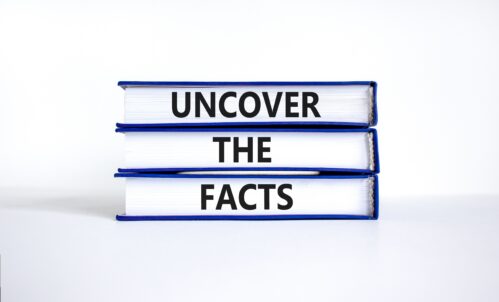What is Bankruptcy

Bankruptcy is often thought of as something to be avoided. However for many it can be an ideal debt solution.
Jump to article contents:
- What does it really mean to go Bankrupt?
- How much does it cost?
- How long does the process last?
- What alternative Debt solutions are available?
Want help to go bankrupt? Give us a call (0800 044 3194) or click here to complete the form below and we’ll call you
In Scotland the rules and implications of Bankruptcy are different. If you live in Scotland it is important to familiarise yourself with these.
What does it really mean to go Bankrupt?
Despite what you may have read or heard bankruptcy is often a sensible debt solution. Over 1000 people go bankrupt in England an Wales every month allowing them to write off unsecured debts they are unable to pay.
Going bankrupt does not mean you will automatically lose your home. If you live in a rented property it is unlikely to be affected at all. If you are a home owner it is only at risk if there is significant equity in it.
In addition you are allowed to keep most of your personal possessions as long as they are not excessively valuable. You are also allow to keep a car. Although if it is worth more than £1000 you might have to sell it and get a cheaper one.
As with any debt solution bankruptcy negatively affects your credit rating. However not for ever. After the record has come off your credit file you will be able to borrow again.
How much does Bankruptcy Cost?
One of the downsides to bankruptcy is the application fee. This has to be paid in full before you can submit your application.
The fee is certainly one of the things that puts people off bankruptcy who would otherwise benefit from it. As such if it is right for you there are various things you can do to help get the money together.
Firstly stop paying your unsecured creditors and put what you save towards the fee. You can ask them to put your account on hold for a month or two and most will be helpful. You could also borrow the money if you have access to credit or family is willing to help.
It is possible to pay the bankruptcy application fee in installments. However your application cannot be submitted until it is paid in full.
How long does the Bankruptcy Process Last?
In most cases Bankruptcy lasts for just 12 months. After this period you will be automatically discharged. You are then no longer a bankrupt person.
You may have heard that it could last longer. If the Official Receiver (OR) feels that you are not co-operating or have acted improperly they could issue a Bankruptcy Restrictions Undertaking (BRU). However this is relatively unusual.
Some of the effects of Bankrupt last longer than 12 month. For example if you are required to make a payment towards your debts this will normally last for 3 years.
The record of your bankrupt will remain on your credit file for 6 years from the start date. As such your credit rating will be negatively affected for a considerable time after you are discharged.
What are the Alternatives to Bankruptcy?
There are a different debt solutions that you can consider. These include consolidation, DMP (Debt Management Plan) and IVA (Individual Voluntary Arrangement).
It is important to consider all of these options before deciding whether bankruptcy is right for you. Generally speaking you will need to consider the amount of equity in your property, the value of your car and what if anything you can afford to pay towards your debt.
If you are living in Scotland the debt solutions available to you are slightly different. These include the DAS (Debt Arrangement Scheme) and Trust Deed.
For friendly independent advice about which debt solution is right for you give us a call (0800 044 3194) or complete the form below to speak to one of our experts.
Government advice about Bankruptcy
As well as the information found on this website the Government’s Insolvency Service has produced a useful guide to personal debt solutions which you might also find useful: “Options for paying off your debts”.
Money Helper (provided by the Money & Pensions Service) is an independent service set up by the Government to provide people with free advice about all aspects of personal finances. For further information, please follow this link: Help if you are struggling with debt.
It is also recommended that you read this one page document produced by the Money & Pensions Service entitled “Dealing with debt – 5 things you should know”.